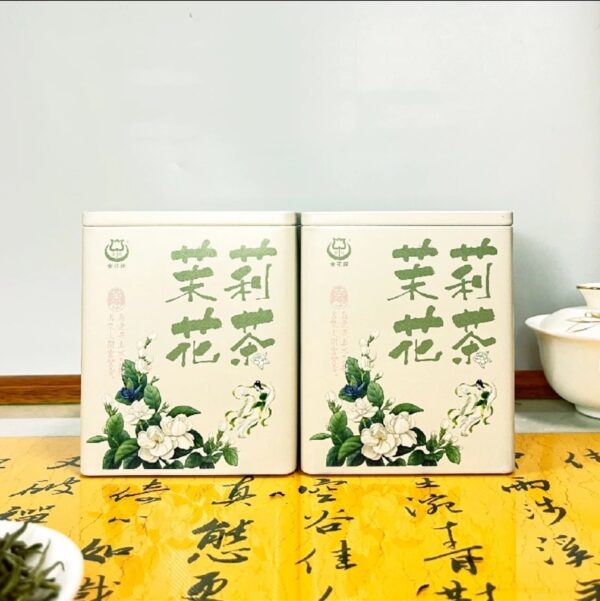
# Jasmine Tea: A Fragrant Delight for Tea Lovers
## The Allure of Jasmine Tea
Jasmine tea is one of the most beloved scented teas in the world, captivating tea enthusiasts with its delicate floral aroma and smooth taste. This fragrant infusion has been cherished for centuries, originating from China where the art of scenting tea with jasmine blossoms was perfected.
## A Brief History
The tradition of jasmine tea dates back to the Song Dynasty (960-1279 AD) in China. Tea makers discovered that by layering fresh tea leaves with jasmine blossoms at night when the flowers naturally release their fragrance, they could create an exquisite scented tea. This labor-intensive process has been passed down through generations, maintaining its artisanal quality.
## Production Process
Creating high-quality jasmine tea requires precision and patience:
– Tea leaves (typically green or white tea) are harvested in spring
– Jasmine flowers are picked in summer when they’re most fragrant
– The tea leaves and flowers are layered together for several nights
– The process is repeated multiple times to achieve the desired scent intensity
– Finally, the jasmine blossoms are removed, leaving only their essence in the tea
## Health Benefits
Beyond its delightful taste, jasmine tea offers numerous health advantages:
– Rich in antioxidants that may help combat free radicals
– Contains L-theanine which promotes relaxation
– May support heart health and lower cholesterol
– Potential metabolism-boosting properties
– Natural stress-reliever due to its calming aroma
## Brewing the Perfect Cup
To fully appreciate jasmine tea’s delicate flavors:
1. Use fresh, filtered water heated to 175-185°F (80-85°C)
2. Steep 1 teaspoon of leaves per 8 oz cup for 2-3 minutes
3. Avoid oversteeping to prevent bitterness
4. Enjoy plain to appreciate the natural flavors
5. Can be re-steeped 2-3 times for additional enjoyment
## Varieties to Explore
Jasmine tea comes in several delightful forms:
– Jasmine Pearl: Hand-rolled tea leaves that unfurl beautifully when steeped
– Jasmine Silver Needle: Made with premium white tea buds
Keyword: jasmine tea
– Jasmine Green: The most common variety using green tea as base
– Jasmine Oolong: A more robust version with oolong tea leaves
## Cultural Significance
In Chinese culture, jasmine tea symbolizes purity and grace. It’s often served to honored guests and during special occasions. The tea’s association with hospitality and friendship has made it a popular gift choice, representing warm wishes and good intentions.
## Pairing Suggestions
Jasmine tea’s floral notes complement various foods:
– Light pastries and cookies
– Fresh fruit, especially melons and peaches
– Mild cheeses
– Asian cuisine, particularly dim sum
– Dark chocolate for a sophisticated pairing
Whether you’re a longtime tea connoisseur or new to the world of specialty teas, jasmine tea offers a sensory experience that’s both refreshing and comforting. Its timeless appeal continues to win hearts across generations and cultures, making it a true treasure in the world of tea.